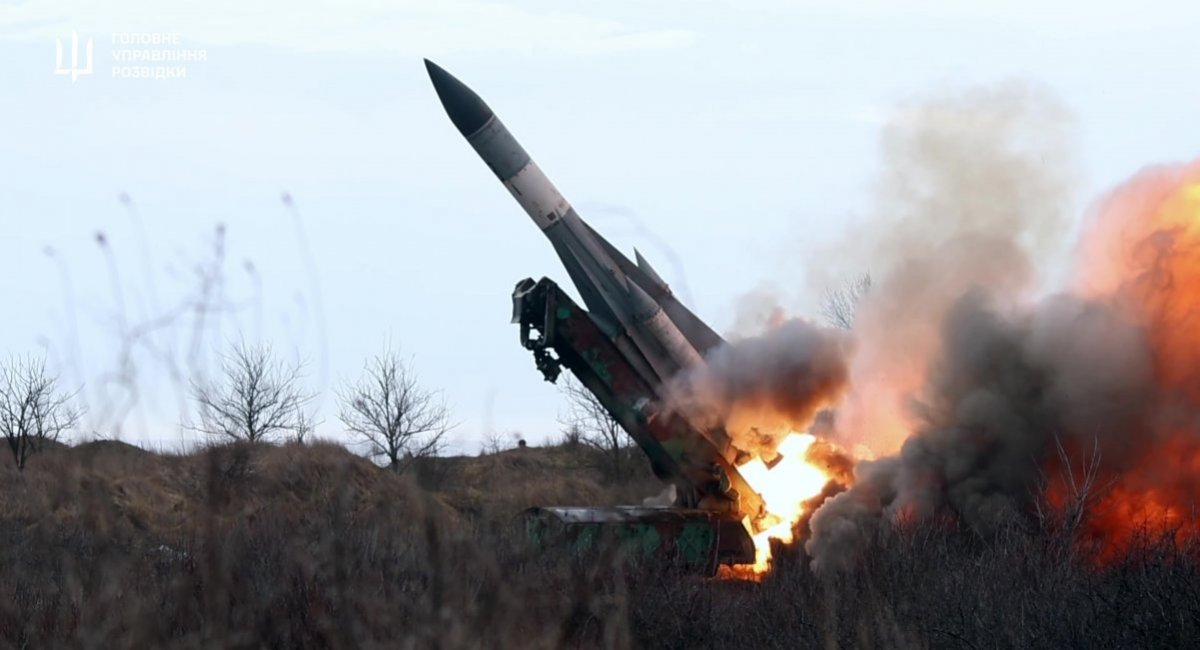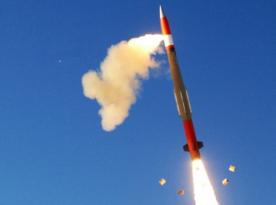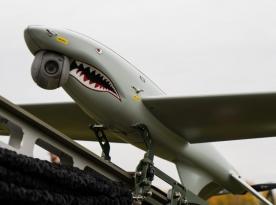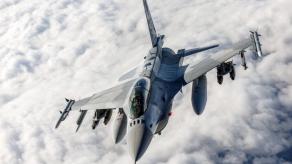Ukrainian military has published detailed combat footage of the S-200 surface-to-air missile system, for the first time since the outbreak of the russian invasion in 2022. This weapon was reportedly involved in two of the most prominent achievements of Ukraine's battle for the skies: in January 2024, it took down a russian A-50 airborne radar system, and a Tu-22M3 strategic bomber later in April at a record-breaking distance of 308 km from launch point to the target.
Defense Express also assumed that system configurations for these successful strikes might have differed. In a less remarkable but still noteworthy instance, russians claimed that S-200 was used for a ground-to-ground attack on Taganrog in July 2023.
Read more: How Possible It is to Remake S-200 Missiles Into Long-Range Ground Attack Weapon
Back to the video itself, the presented clips feature a few important details that explain how the archaic system from the 1960s was brought back to life. First, contrary to our previous speculations, the launch was carried out with a standard stationary 5P72V launcher, not a mobile one mounted on some sort of chassis.
Furthermore, the burnt ground from working engines indicates that multiple missiles were fired from the same place. For a reminder, the interceptor used by the S-200 system is called 5V28.

The repeated launches from an unprotected stationary point shows how dangerous were these operations. The launch equipment is grounded and cannot quickly leave the position to avoid an enemy strike. Also, all the preparations are done right on this mount: the missile is fueled with a toxic compound, hence the hazmat suit.
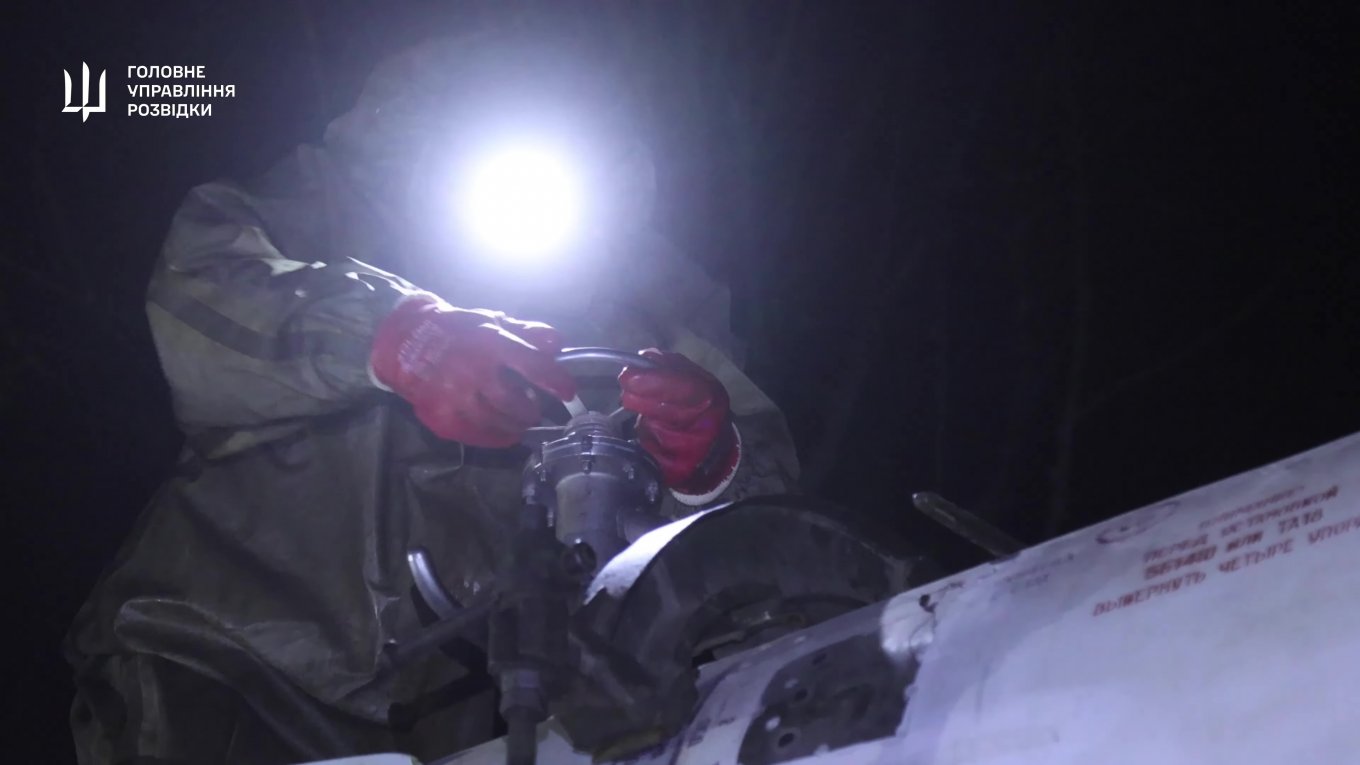
Visually, the missile seems to have undergone no noticeable alterations. However, the insides might have changed.

Potential modifications include replacing internal electronics or integrating the system with a more capable target designation radar — although not shown, it is required for guiding the interceptor's semi-active homing head. Changing the seeker to an active one is another way to improve it, or make it fully passive which could explain effective A-50 downing.
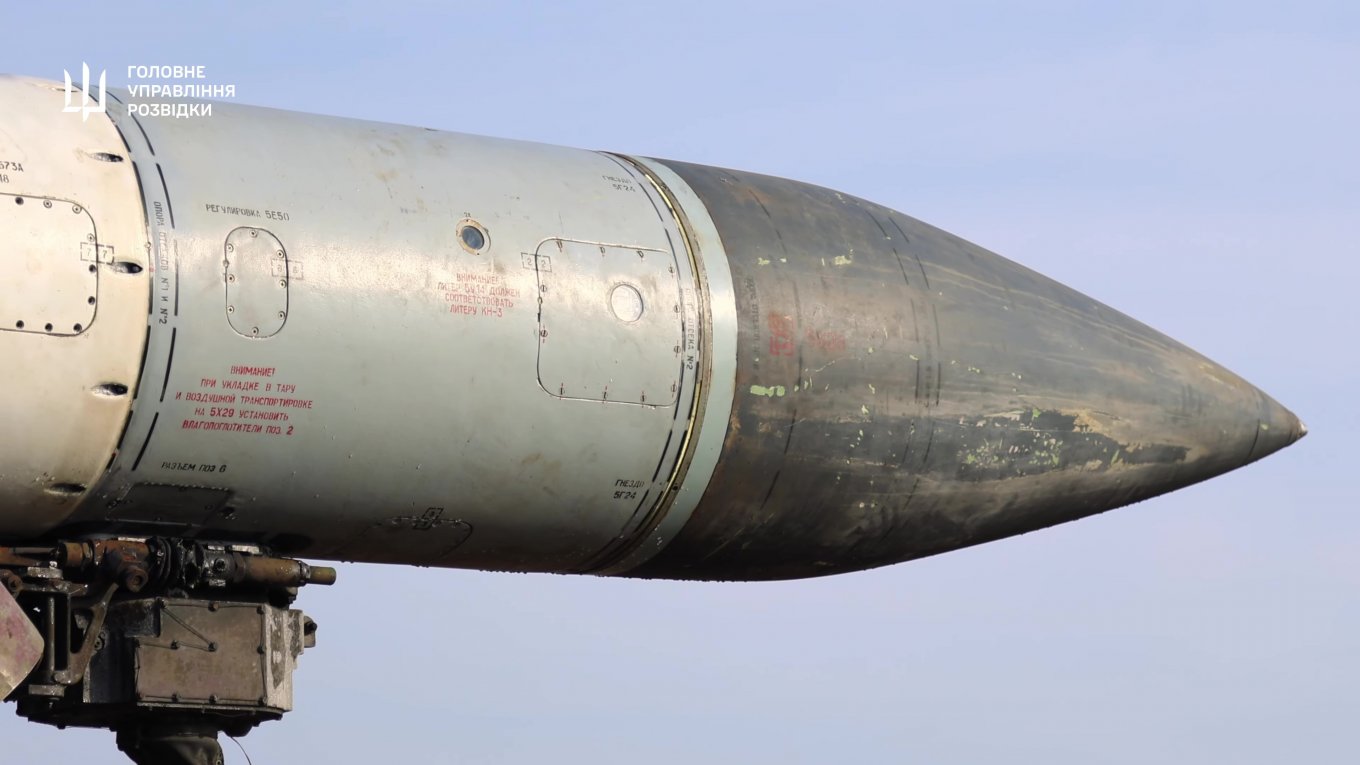
A certain modification to the homing system was done for sure, as indicated by the "HSN zaor." inscription on the new control panel, where "HSN" likely refers to the Homing Head. The exact meaning is yet to be confirmed at the time of the publication.
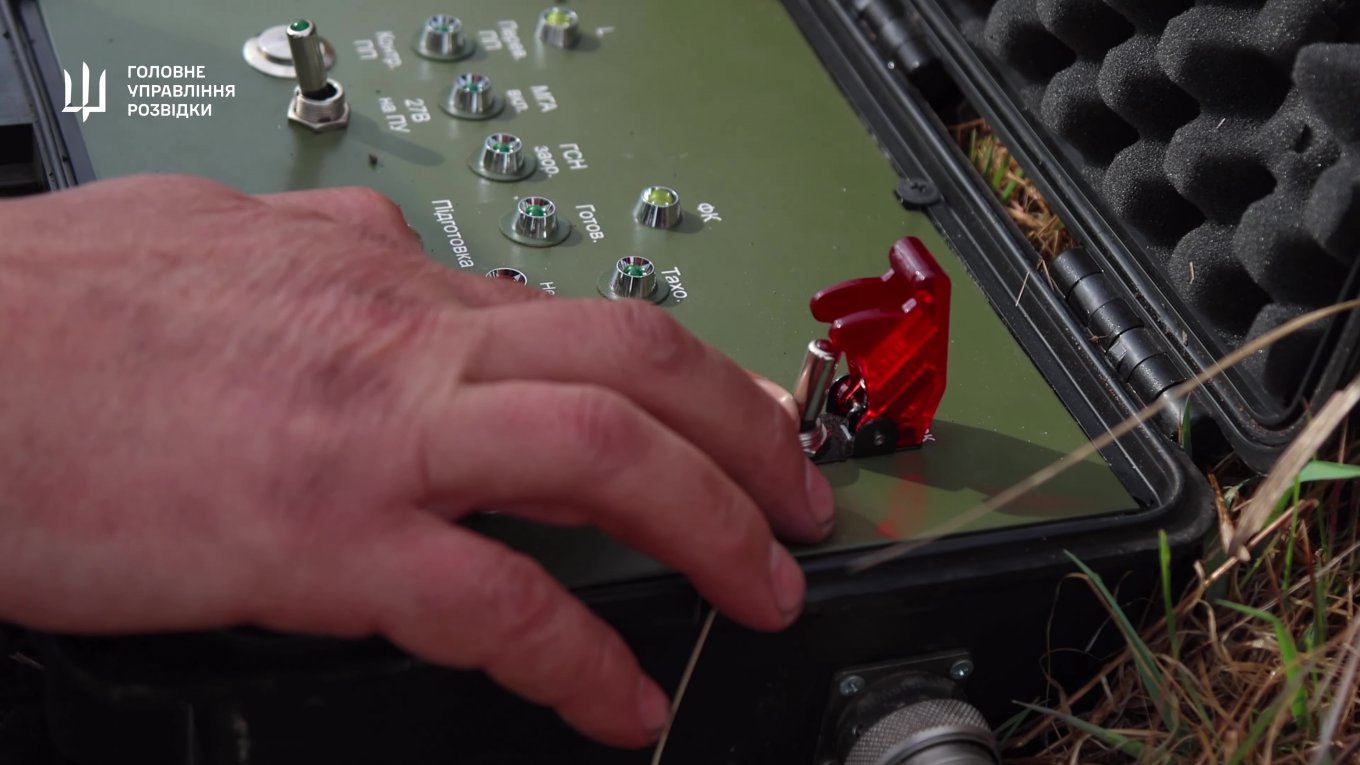
Regardless, this footage is a stark illustration that Ukrainian operations involving the 5V28 missile firings are not just unique but also much riskier than imagined before.
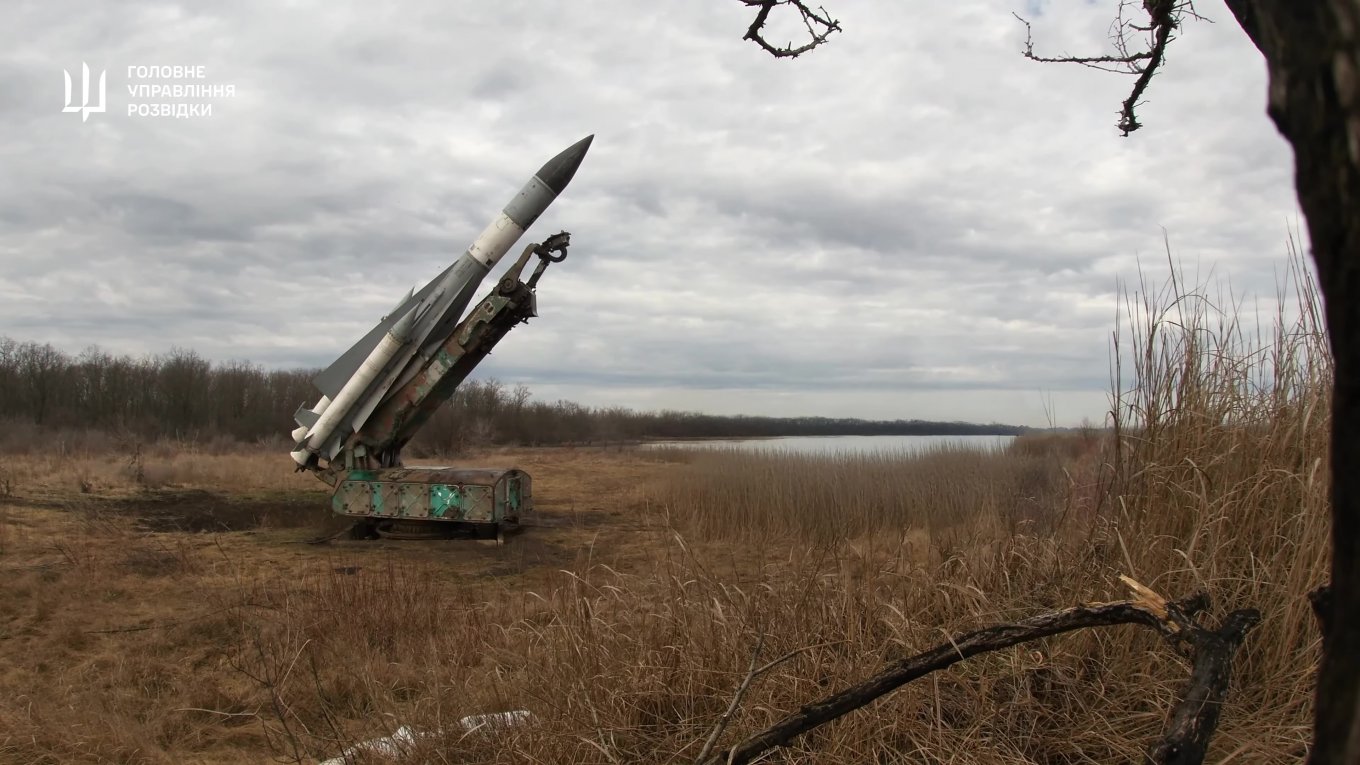
Read more: Ukrainian Kamikaze Drone Takes Out the Garmon Radar, Blinding russian Air Defenses in the Area (Video)




